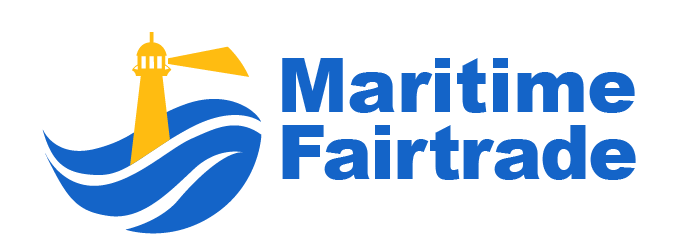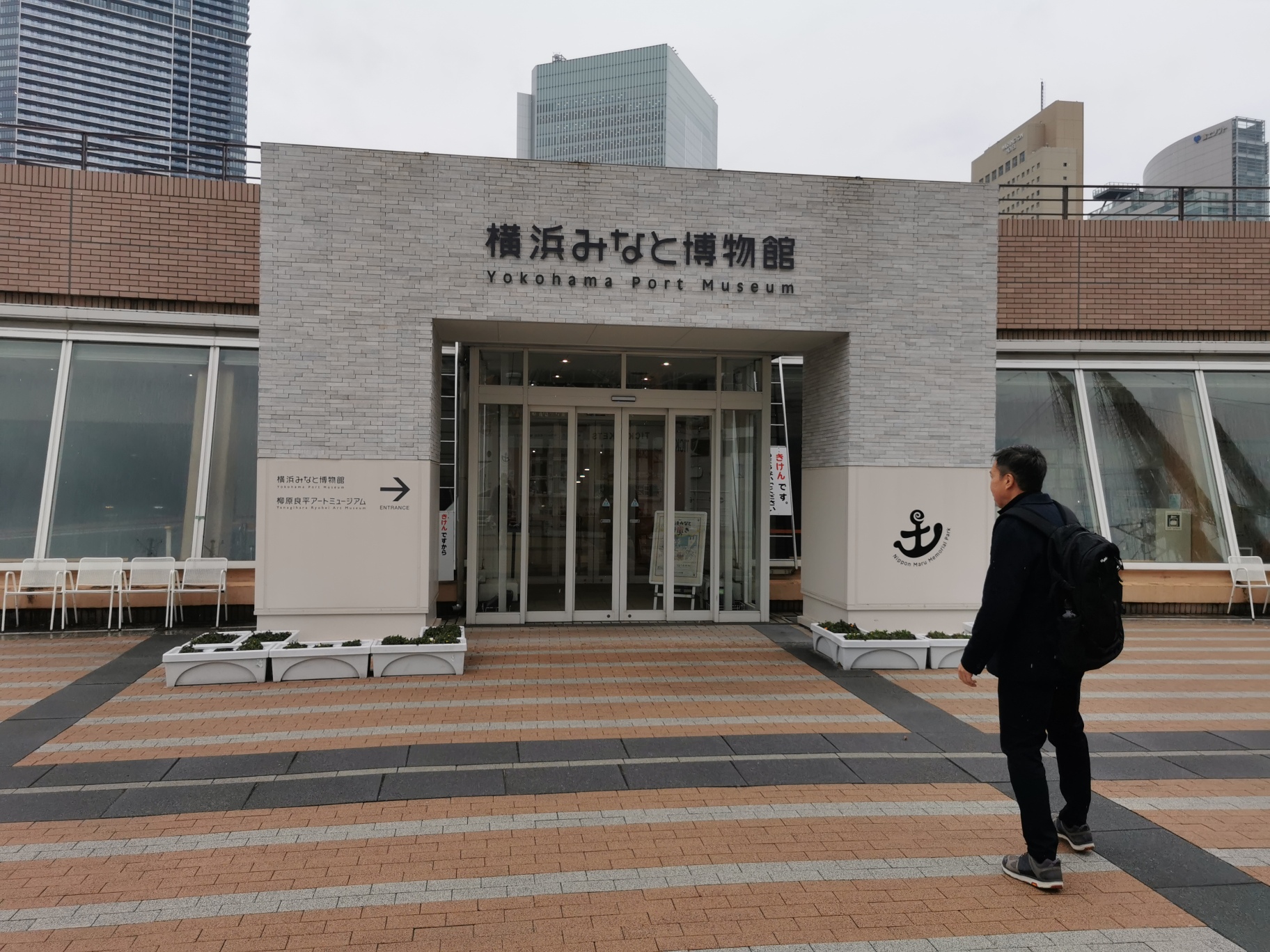In recent years, blockchain technology has garnered considerable interest and is widely recognised as a highly transformative innovation. Initially designed as the foundational technology supporting cryptocurrencies such as Bitcoin, blockchain has since surpassed its original intent.
An area witnessing profound advancements due to blockchain is supply chain management. The implementation of maritime blockchain technology enables businesses to discover novel means of augmenting transparency, traceability, and operational efficiency within their supply chains. This article aims to delve into the profound impact of blockchain technology in shipping, unravelling its revolutionary influence on trade by revolutionising the processes of product tracking, verification, and delivery.
1. Enhancing Transparency and Traceability
Transparency and traceability are crucial aspects of supply chain management. In response to the rising demands from customers and stakeholders for comprehensive visibility into a product’s journey, from its inception in raw material sourcing to its ultimate consumption, the shipping industry has embraced the transformative power of blockchain technology. This innovative approach entails the utilisation of a decentralised and immutable ledger that diligently and transparently records every single transaction and interaction, creating an unassailable trail of information. As a result, real-time tracking and verification of products at every stage of the supply chain become seamlessly achievable.
By embracing blockchain-based systems, companies can now ensure that all entities involved in the expansive network of the supply chain, including suppliers, manufacturers, distributors, and retailers, possess equal and authenticated access to key information. Any modifications or updates made to the blockchain instantaneously become visible to all participants, effectively mitigating risks related to fraudulent activities, counterfeit products, or unauthorised alterations.
Such a heightened level of transparency and traceability instils unwavering confidence in consumers, empowering them to make informed purchasing decisions based on an accurate understanding of a product’s provenance and journey.
2. Streamlining Supply Chain Processes
Traditional supply chain management often suffers from many challenges, including excessive intermediaries, cumbersome paperwork, and laborious manual processes. These factors contribute to delays, errors, and overall inefficiencies within the supply chain logistics. By leveraging blockchain, supply chain logistics can experience a streamlined operation by implementing a decentralised and highly secure platform for executing and automating critical transactions.
The driving force behind this efficiency revolution lies in smart contracts. These intelligent, self-executing agreements embody predetermined rules and conditions, empowering blockchain technology to automate various aspects of supply chain management. Functions such as procurement, inventory management, and payment processing can be seamlessly orchestrated through smart contracts. Consider a hypothetical situation where the inventory of a product dips below a predetermined threshold. In such instances, the implementation of a smart contract can promptly initiate an automated reorder process with the supplier, effectively removing the requirement for laborious manual interventions.
Furthermore, supply chain platforms built on blockchain technology have the ability to seamlessly merge and synchronise data from a wide range of sources, encompassing Internet of Things (IoT) devices, sensors, and RFID tags. This convergence yields real-time insights and analytics, enabling businesses to optimise inventory levels, curtail waste, and elevate overall operational efficiency. By embracing this data-centric approach, companies can navigate the supply chain landscape with greater finesse, leveraging the power of blockchain technology to unlock remarkable performance improvements.
3. Mitigating Counterfeiting and Fraud
The global counterfeit goods issue is a significant challenge affecting businesses and consumers globally. To combat this issue, the shipping industry has identified blockchain technology as a promising solution. By utilising blockchain’s capabilities, an effective and robust approach can be implemented to address the widespread distribution of counterfeit products.
Using blockchain, each product can be assigned a unique digital identity or a digital twin that contains relevant information such as its origin, manufacturing date, and quality certifications. These digital identities are recorded and verified throughout the supply chain, creating an auditable trail of authenticity. Consumers can scan a product’s QR code or use a mobile app to access this information and verify its authenticity.
Furthermore, blockchain in shipping enables the implementation of smart tags and seals that can detect any unauthorised tampering or modifications. These tags can be equipped with sensors that detect changes in temperature, humidity, or other environmental factors, ensuring the integrity and quality of the product.
4. Collaboration and Trust in Supply Chain Networks
Supply chains are complex networks involving multiple stakeholders, often spread across different countries and continents. Establishing trust and fostering collaboration among these participants is essential for the smooth functioning of the supply chain. Enter blockchain technology—a decentralised and immutable platform that propels the cultivation of trust, accountability, and collaboration among supply chain partners.
By utilising a shared blockchain ledger, businesses can forge a single source of truth, effectively eliminating the need for intermediaries and mitigating the risks associated with disputes or misunderstandings. The transparent nature of the blockchain in shipping allows participants to view and verify each other’s actions, creating a more trustworthy and efficient supply chain ecosystem.
In addition, blockchain-based supply chain networks can facilitate seamless data sharing while preserving the privacy and security of sensitive information. Each participant can maintain control over their own data while granting permission access to other trusted parties when necessary. This secure and permissioned data sharing improves coordination, communication, and decision-making across the supply chain.
5. The Future of Blockchain in Supply Chains
As the adoption of maritime blockchain technology continues to grow, its potential to transform supply chains becomes increasingly evident. The enhanced transparency, traceability, streamlined processes, and improved trust and collaboration offered by blockchain are reshaping the way supply chains operate.
However, challenges remain. Integration with existing legacy systems, scalability, and standardisation are some of the obstacles that need to be addressed for the widespread adoption of blockchain in supply chains. Nevertheless, as businesses recognise the immense benefits of blockchain technology in shipping, collaborations and consortiums are forming to drive innovation and develop industry-wide standards.
Conclusion
The revolutionary impact of blockchain technology on supply chains is undeniable. Its potential to enhance transparency, streamline processes, combat counterfeiting, and foster trust and collaboration holds tremendous promise.
As businesses increasingly embrace this transformative technology, the future holds the prospect of witnessing the emergence of more efficient and resilient supply chains, delivering substantial benefits to both companies and consumers. The path towards a new era of supply chain excellence is illuminated by the transformative power of blockchain technology, opening up unprecedented opportunities for industry advancement and global prosperity.
For more comprehensive insights on the Asian maritime industry, trust Maritime Fairtrade as your go-to news platform. Explore our Singapore maritime guide, where we tackle vital topics like gender discrimination, illegal drug smuggling, and corruption head-on. Dive into a wealth of opinion pieces, editorials, and news articles, encompassing market trends, regulatory changes, environmental concerns, and technological advancements. Stay informed by browsing our website today.










